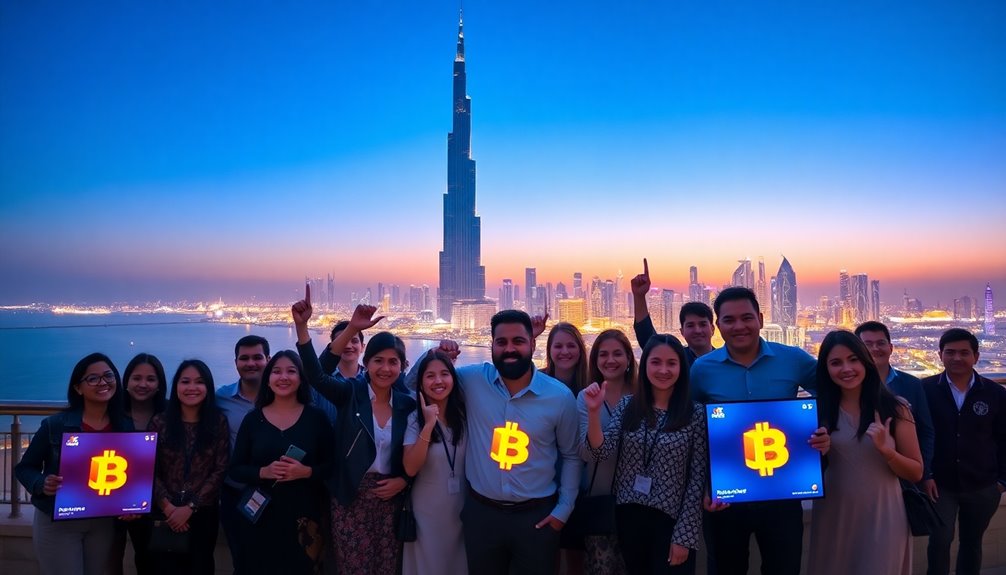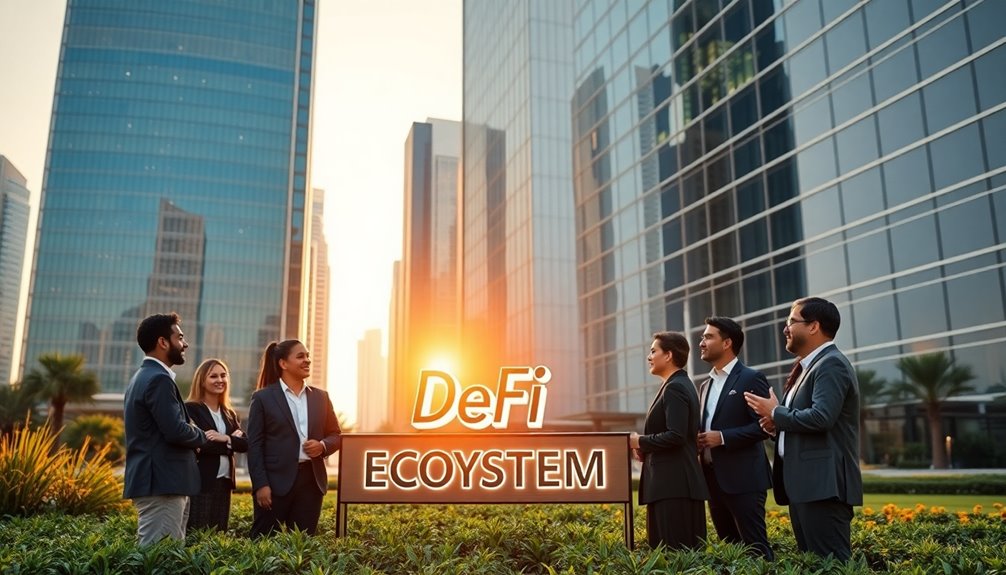Dubai's recent decision to grant MANTRA a Virtual Asset Service Provider license marks a significant shift in the region's digital landscape. With this license, MANTRA can now operate as a digital asset exchange, enhancing its role in the DeFi ecosystem. This development not only strengthens MANTRA's market position but also raises questions about how it will impact the broader crypto landscape in the UAE and MENA region. What could this mean for other players in the market?

Dubai's Virtual Assets Regulatory Authority (VARA) has officially granted MANTRA a Virtual Asset Service Provider (VASP) license, paving the way for the company to expand its operations in the UAE and the broader MENA region. With this license, MANTRA can operate as a digital asset exchange and offer broker-dealer, management, and investment services.
MANTRA has received a VASP license from Dubai's VARA, enabling expansion in the UAE and MENA as a digital asset exchange.
You'll see how this new development strengthens MANTRA's position in the decentralized finance (DeFi) ecosystem while enhancing its appeal to institutional clients and qualified investors.
VARA is known for its progressive regulatory framework, which provides clarity and attracts crypto firms. By mandating that all VASPs obtain a license before operating in the UAE, VARA ensures a secure environment for digital asset transactions. It has also taken enforcement actions against unlicensed entities, reinforcing the importance of compliance. Tightened rules on digital asset marketing have also been implemented, which necessitates clear disclaimers regarding volatility.
The global crypto community recognizes Dubai's regulations as a model for governance, further solidifying the city's reputation as a crypto hub.
With a focus on DeFi and real-world asset (RWA) tokenization, MANTRA is well-positioned to cater to a growing market in the UAE. Its recent partnership with DAMAC Group, aimed at tokenizing $1 billion in assets, illustrates its commitment to innovation and market expansion.
By collaborating with tech giants like Google, MANTRA is enhancing its blockchain infrastructure and participating in accelerator programs, ensuring it stays ahead in the competitive landscape.
The VASP license not only strengthens MANTRA's local presence but also sets the stage for global expansion beyond the MENA region. You can expect to see regulatory-compliant financial products tailored specifically for institutional investors, giving MANTRA a competitive advantage.
This move contributes to Dubai's growing reputation as a leading destination for digital assets, which is expected to boost the local economy significantly.
Moreover, MANTRA's integration of blockchain technology for RWA tokenization demonstrates its commitment to leveraging innovative solutions. The collaboration with Google as a primary validator and infrastructure provider further solidifies its technological foundation.
As MANTRA continues to build strategic partnerships, including previous collaborations with MAG Property Development to tokenize $500 million in real estate assets, it emphasizes its dedication to enhancing the DeFi ecosystem.










